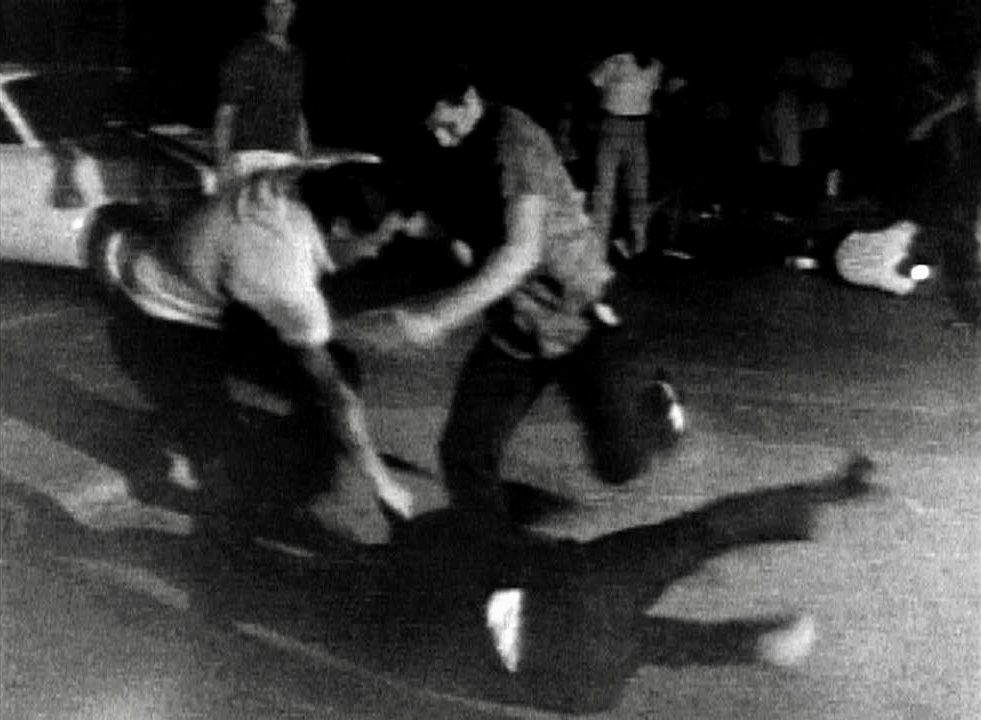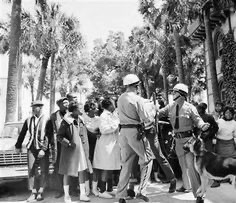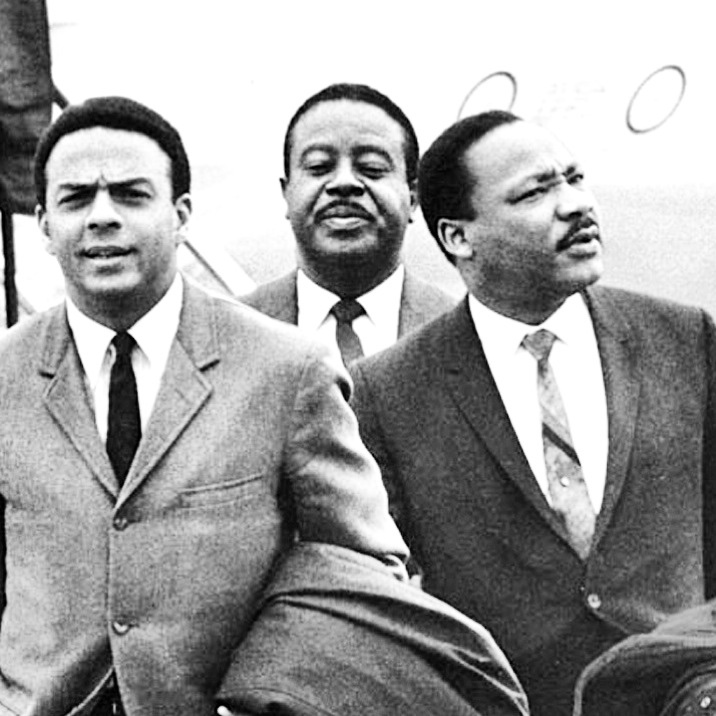
Many know Rev. Andrew J. Young as the man widely recognized around the world as one Ambassador Andrew J. Young. He is also widely known as the senior lieutenant to Dr. Martin Luther King, Jr. in the civil rights movement of the 1950’s and 1960’s.
Those that study their history would know that Young is the only American mayor who was mentored by Dr. King, and the one leader principally responsible for turning Atlanta into the sole international city in the American South. What they might not know, were the blows he took in the vaulted civil rights movement of the 1960s.
Since the 1960’s, those that follow this great man’s career would know that he went on from to become the first black Congressman since Reconstruction from the South, a two term mayor of Atlanta, recipient of more than 120 Honorary Doctorate Degrees a recipient of the U.S. Presidential Medal of Freedom, the first black Ambassador for the United States of America to the United Nations, and the co-chair of the Atlanta Olympic Games, amongst countless additional accolades.
The Beating That History Missed.
In the summer of 1964, Dr. Martin Luther King, Jr. was trying to get the Civil Rights Bill through Congress and signed into law. He thought that any violence leading up to the vote just might derail the legislation, so when he heard that there were protests planned in St. Augustine, Florida, he dispatched his top lieutenant Rev. Andrew Young to Florida to try to stop the march before it started.
Dr. King knew what he was doing when he dispatched Young, as he was his negotiator, his deal maker. And for this and many other reasons, he never really wanted Young jailed. He was too valuable to the movement on the outside, and to King himself, by his side.
The problem in this instance was, when Rev. Young arrived in the city of St. Augustine, things were much too far along. The best he could do, he thought, was to help to shape and channel the march into a positive direction. So step one for Young, was talking to the leaders of the white supremacist group gathered across from they were organizing.
And as Young ventured across the street and approached the group them to ‘talk,’ one of the younger members approached him from behind and cracked him over the head with a billy jack (a small leather clubbing devise).

Moments later, Young was on the ground, being hurled with fists, kicks and verbal assaults. Fortunately, fellow movement leader Willie Bolden pulled Young from the fray and into safety. What came next, was classic Andrew J. Young.
Once Young had regained his senses and stability, he walked right back across the street, and got in front of the line of marchers and walked the group, peacefully, down to the next corner.
The group of white Supremacist leaders followed him, and them, and the next time that they through a punch at Young, it missed, but the kick to the inside of his thigh landed (a bruise that stayed with him well into adulthood). Fortunately for Young, an honorable local policeman separated the groups and insured the finalization of a peaceful march.

The new Civil Rights Bill was signed into law on July 2nd, 1964, and Young and Dr. King returned together to St. Augustine, Florida on July 5th, 1964, and led the effort that integrated businesses and public spaces there.
It is a unique and inspiring coincidence, that this successful return to St. Augustine, Florida occurred one day after our vaulted and celebrated American Independence Day, or the 4th of July, 1964. As Young often tells me, ‘…coincidence is God’s way of remaining anonymous.’

This is one of many, of the untold, inspiring stories of one Rev. Andrew J. Young. A civil rights icon, a global treasure, and the last remaining senior lieutenant of Dr. Martin Luther King, Jr.
Dr. King, Rev. Young and the team of civil rights leaders continued on to many more victories together, restoring hope and dignity not only to and for Black America, but to the restoration of the promise of the American Constitution itself.

Story by John Hope Bryant, founder of Operation HOPE, and mentee of Reverend Andrew J. Young.
